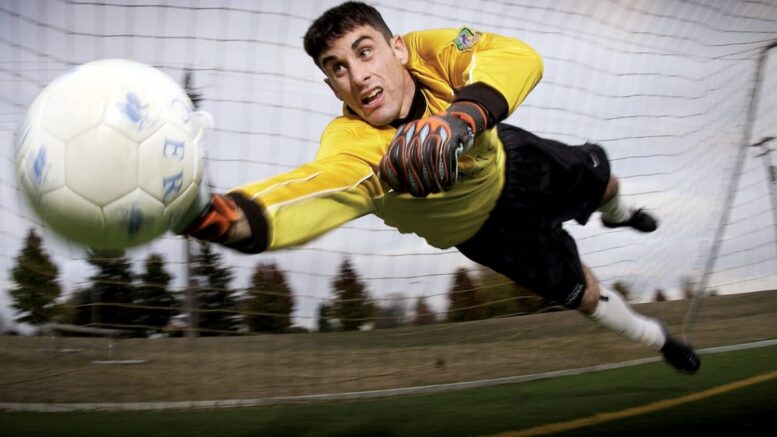Were you aware that low back pain (LBP) impacts a staggering 619 million individuals globally as of 2020, and this figure is expected to rise to 843 million by 2050? This prevalent health issue raises a crucial concern for sports lovers, especially those keen on soccer: “Is it possible to play soccer with a bad back?”
If you’re passionate about the sport, you’re likely seeking some positive news. Fortunately, the situation isn’t entirely bleak. Let’s delve into expert opinions on playing soccer with a bad back and explore ways to continue enjoying the game while safeguarding your health.
The Impact of Soccer on Your Back
Soccer is a physically demanding sport, requiring quick movements, constant running, and sudden directional changes. These activities can put a strain on your back, especially if you’re already dealing with back pain. The repetitive motion and impact can exacerbate existing conditions, making it crucial to understand your body’s limits in one on one soccer coaching.
However, it’s not all bad news. Soccer also strengthens various muscle groups, improves cardiovascular health, and boosts overall fitness, which can be beneficial for your back in the long run. The key is finding a balance and playing in a way that doesn’t put undue stress on your back.
Expert Recommendations
Medical experts, including osteopaths, typically advise caution when engaging in any sport with a bad back. The consensus?
Listen to your body. If playing soccer causes pain, it’s a signal from your body to pause and reassess. It doesn’t necessarily mean you have to hang up your boots for good, but you might need to modify how you play.
Osteopaths, with their expertise in musculoskeletal health, can be particularly helpful in this situation. They can offer guidance on less intensive training sessions, shorter play times, and perhaps avoiding high-impact positions like defense, where sudden twists and turns are more frequent. Remember, the goal is to enjoy the game without compromising your health.
Consulting with an osteopath or a healthcare professional specialized in sports medicine can provide personalized advice based on your specific back issues.
Importance of Pre-Game Preparation
Preparation is key to minimizing back pain during soccer. A proper warm-up routine is essential. This includes stretching, especially focusing on your back, hips, and legs, to ensure your body is limber and ready for the physical demands of the game.
Strength and conditioning exercises off the field are equally important. Building core strength, in particular, can provide better support for your back, reducing the risk of injury. Think of these exercises as the building blocks for a stronger, more resilient back that can handle the rigors of soccer.
Post-Game Care and Recovery
After the game, it’s all about recovery. This is when your back needs extra attention. Cooling down properly, doing gentle stretches, and perhaps even engaging in activities like yoga or Pilates can aid in alleviating post-game back strain.
Don’t overlook the power of rest and proper recovery time. Your body needs time to heal and rejuvenate. Ignoring this can turn a minor back issue into a chronic problem. It’s not just about playing the game; it’s about playing it smart.
Alternative Ways to Stay Involved
If playing soccer becomes too challenging for your back, there are other ways to stay involved with the sport you love. Coaching, refereeing, or even participating in less intense recreational leagues can keep you connected to the game.
Remember, stepping back doesn’t mean giving up. It’s about adapting and finding new ways to enjoy soccer that align with your health needs. Sometimes, taking on a different role in the sport can offer a fresh perspective and a new way to contribute to the game.
Key Takeaways
Playing soccer with a bad back requires a delicate balance. It’s about listening to your body, making adjustments, and taking preventive measures. Yes, you might need to tweak how you play or even explore other roles within the sport, but it doesn’t mean you have to give up your passion.
Soccer is more than just a game; it’s about community, health, and joy. By taking the right precautions and seeking professional advice, you can continue to be part of this beautiful game, in one way or another. Stay safe, play smart, and keep the love for the game alive!
